The youth’s perspective of the National Budget
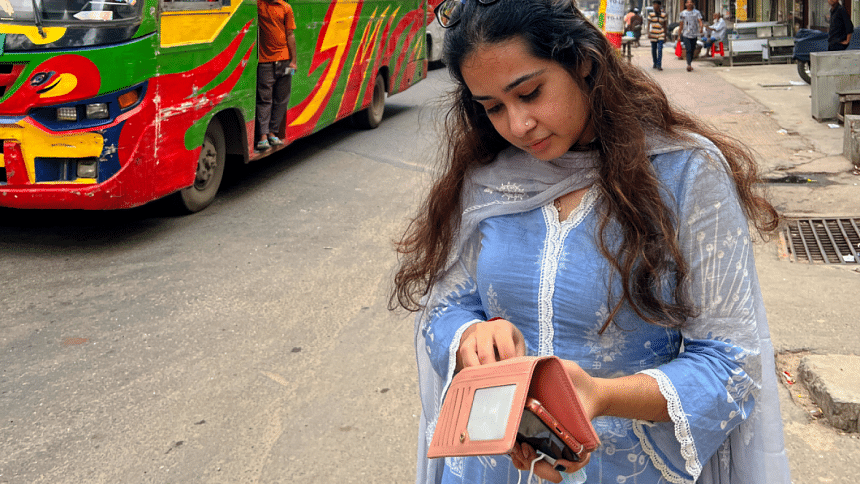
The budget of the upcoming fiscal year (FY 2022-23) will be presented at the parliament today by the Finance Minister AHM Mustafa Kamal. At the time of writing the article, the initial size of the budget is set at Tk 677,864 crore.
This is the third budget since the outbreak of the Covid-19 in 2020, and it is believed that it will largely focus on economic recovery from the pandemic and the realities of the Russia-Ukraine conflict. This ambitious undertaking will have several significant implications on the lives of people of Bangladesh, and in this article's context, the youth.
The youth interest in the National Budget has been largely absent in the years before, and it continues to be a subject of disinterest, if not complete apathy. Even in sectors in the economy that dearly affect young people, budgetary discussions have often eluded youth participation.
Yet, the National Budget remains one such area where the youth agenda is often represented, if not properly marketed. Which is why it is extremely important for the younger generation to pay attention to this representation, and understand where their interests are being protected, and where they aren't.
After all, how can today's youth contribute to the national budget if they don't take part in the discussions?
According to the news, the government is set to approve a budget for Annual Development Programme (ADP) for the FY 2022-23, of which the transport and communications sector would receive the highest allocation of Tk 70,695 crore. In common understanding, the ADP will rely on megaprojects such as the Padma Bridge rail link and the metro rail project.
However, young students look at this high allocation in the transport sectors quite differently.
Tahsin Khan Pritha, a student of BUP, elaborates, "I have to commute almost every day to Mirpur 12 from Khilgaon, so I have to use public transport extensively. Most days I have to change buses two or three times to reach my destination. Moreover, I live around Malibagh, where there aren't any immediate projects that are being constructed that will alleviate some of the commuting hassles I have to go through."
"While I know projects such as the metro rail would be extremely beneficial, I cannot exactly rejoice now. So, when I think about more allocation for the transport budget, it's very difficult for me to imagine a reality where my troubles will be lessened in the near future," Tahsin adds.
From Tahsin's opinion, it's understandable that the increase in transportation budget might be an achievement of common good, however, individual realities often get lost within that understanding.
On the other end of the spectrum, NSU student Aidid Ahmed Suprio believes it means very little to develop mega transportation projects when implementation of law remains one of the ways the sector is falling behind.
He explains, "I have to travel almost every day to Bashundhara from Dhanmondi. In my commute, I get to see the grim reality of our country's transportation system, that is rife with unfit vehicles and safety violations. What is the point of developing new transport channels when our existing ones are overrun with such breach of law and order?"

Aidid represents a growing frustration among young people regarding this issue. Ultimately, more development of transport channels seems bleak when compared to the existing mayhem that young commuters often face on the road.
However, big budgetary decisions aren't limited to the transportation sector only. Considering the vision for a Digital Bangladesh, accessibility of ICT products both in quantity and price should be a given thing. However, since 2017, Bangladesh has put a duty on imports of tech products to protect local industries – a feat that has affected young people greatly.
According to Zahidur Rahman, a Brac University student, this heavy duty on imports is also facilitated by the fact that there are very few official retailers of these branded ICT products.
He shares, "As we depend on resellers to get our desired products, we also cannot do anything when they increase the price."
Zahid further elaborates why the average electronic product is costing more for young people nowadays, saying, "More importantly, local electronics production is still in its infancy. Because of that, we have to go through all these taxes, tariff, shipping cost when we eventually buy from resellers."
Where the transportation and ICT sector reflect few of the core foundations of the youth interests, imposing VAT on sanitary products and its eventual withdrawal in the 2021-22 budget also reflects the societal impact of the National Budget on the lives of young women.
Put a Period, a youth organisation, commented regarding the historic decision, saying, "We think that taxing menstrual products, in general, can really send a wrong message to society that such products are a matter of luxury, when they're absolute essentials. The tax exemption implies that such products are not being equated with luxury products, which is a welcome first step. It means that this wouldn't bar underprivileged women from accessing menstrual products and worsen the class disparity that already exists regarding periods."
As it was, the tax on sanitary products did reach younger generations, where many spoke out against a policy that has society-wide implications. One other similar case remains the hide-and-seek game of imposing tax on private universities. Such instances are getting more frequent as the government yet again proposed a 15 percent income tax on private universities in the 2021-22 budget. This decision was taken even after the 2015-16 budget decision to do the same created mass outrage and city-wide protests, eventually making the government rescind the decision.
Aidid reflects on the unfairness of this tax. He says, "Studying in a private university itself is an enormous burden. If the tax is imposed and my education costs even more than it already does, it would actually require me to work full-time to pay for a percentage of my tuition. I cannot imagine the pressure it would create, not to mention, make it impossible for me to get out with a decent CGPA."
Thousands of students like Aidid share this view. The implications of potentially putting a tax on their education is much scarier than any budgetary discussions for these students.
However, one of the grimmer sides of the national budget lies within tobacco taxation, and its multifaceted impacts on the younger generation.
With Tk 28,800 crore that came as VAT and supplementary duty (SD) on cigarettes in 2020-21, Bangladesh remains highly dependent on cigarette and tobacco products. However, it is believed that the existing tier-based tax structure has failed to stop the smokers and tobacco users, making it tough for Bangladesh to be tobacco free by 2040. This tax structure has also failed the youth.
"When taxation is increased, it is generally believed that people will quit smoking. However, the level to which prices need to be increased for people to stop smoking just hasn't been done," comments Iftekhar Sadi*, a university student.
"A regular young smoker will have their own budget for smoking, cut from their pocket money. Normally, I'd smoke a premium cigarette that's less harmful for Tk 15, but if the price went up, I'd resort to low-tier brands," Iftekhar elaborates the process to which taxation invites more devastation for young people, instead of curbing the rate of such smokers.
Iftekhar reminds us that, while macro-level impact analysis has been done on population, there are some issues that the youth are more uniquely impacted by. That in itself is the reason the youth, more than any other section of the population, should divert its focus to the National Budget. Most times, such discussions have been put as something out of the younger generation's understanding and comprehension. However, upon closer inspection, it has been clear that these issues also affect young people, probably more so than originally believed.
*Name has been changed for privacy
References
1. The Daily Star. (May 18, 2022). One-fourth of proposed ADP budget goes to 10 mega projects
2. The Daily Star. (June 14, 2019). Smartphone import to be costlier
3. The Daily Star. (June 4, 2021). Proposed 15% income tax on private universities unacceptable: Owners association
4. The Daily Star. (September 14, 2015). VAT protest on, key Dhaka roads blocked again
5. The Daily Star. (September 13, 2021). VAT collection highly dependent on cigarettes
6. The Daily Star. (May 17, 2022). Existing tier-based tax structure failed to stop increasing tobacco use
Raya dedicates this to all the Economics enthusiasts in her life. Find her at fb.com/raya.mehnaz

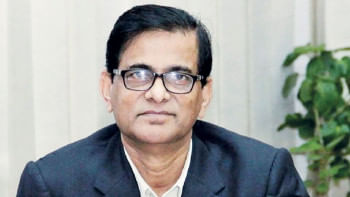
 For all latest news, follow The Daily Star's Google News channel.
For all latest news, follow The Daily Star's Google News channel. 
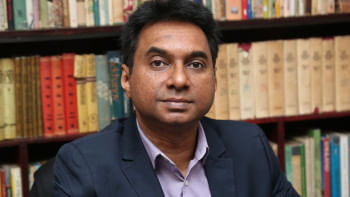

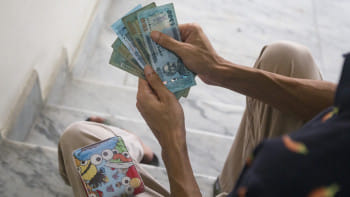





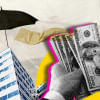



Comments